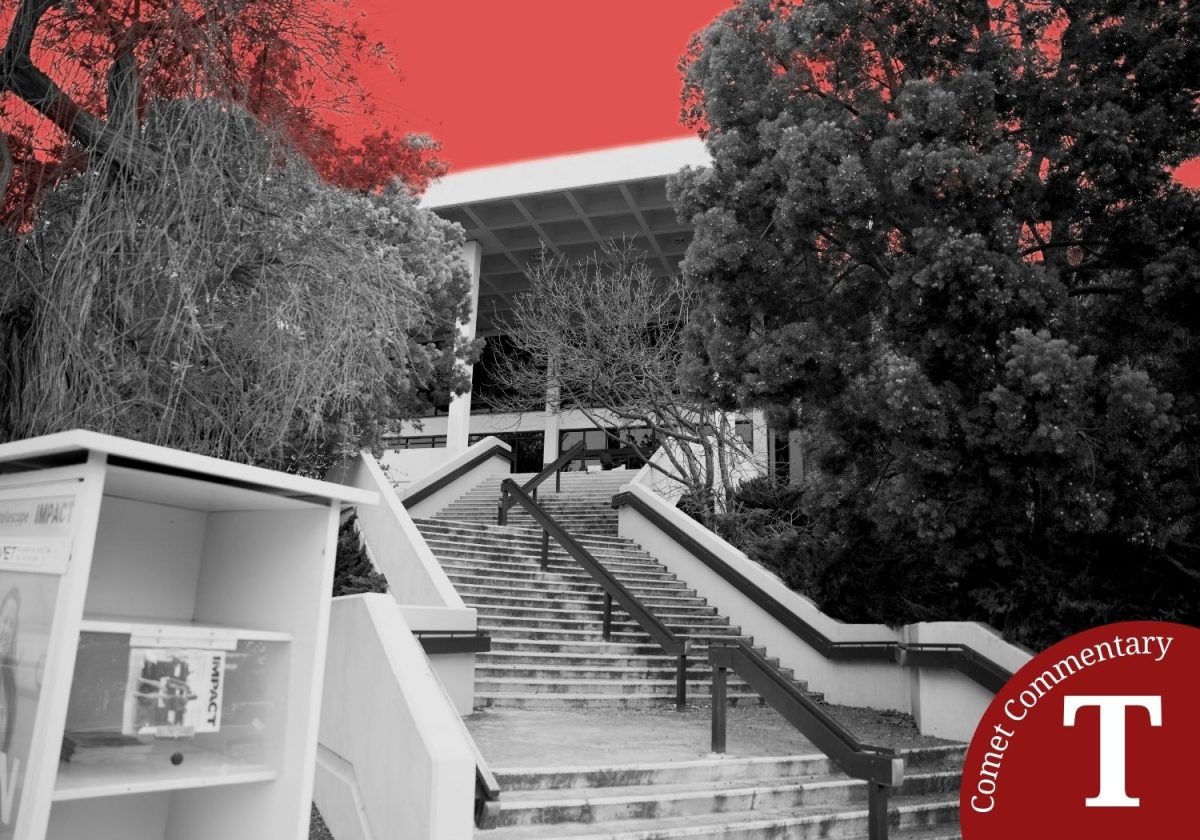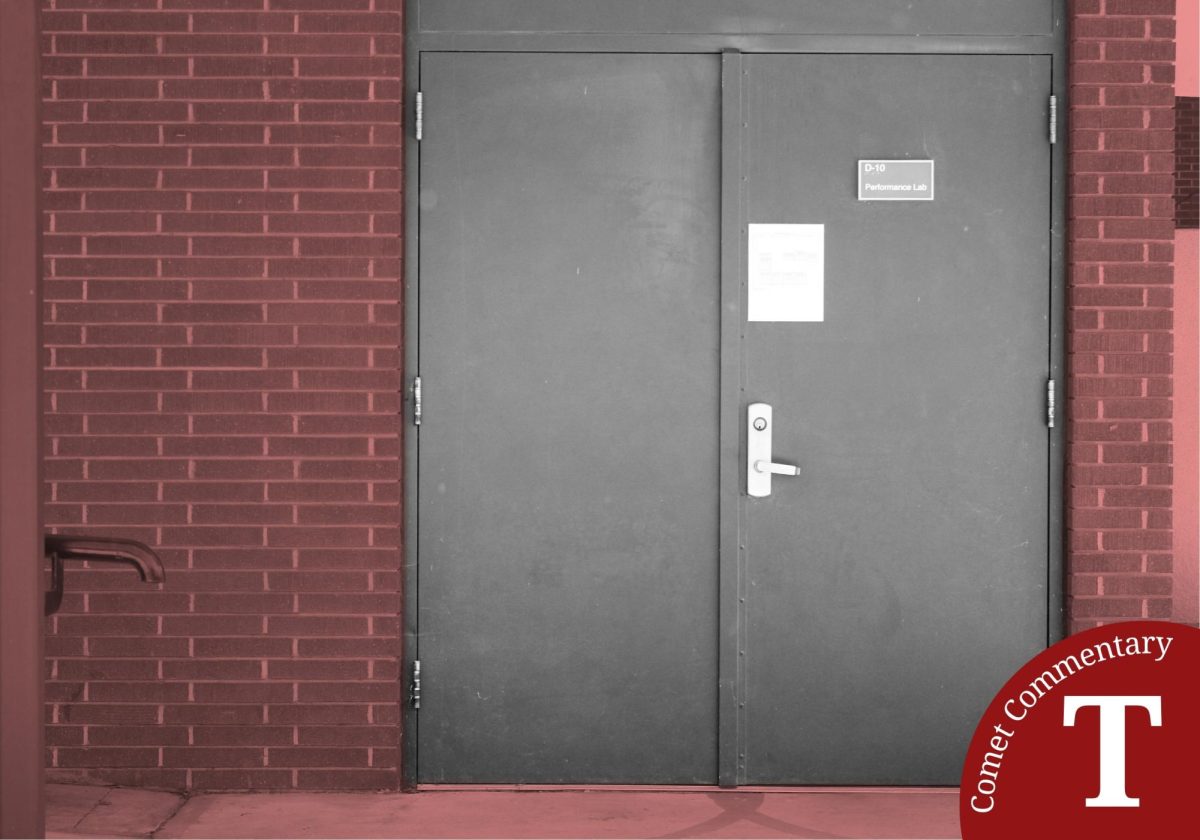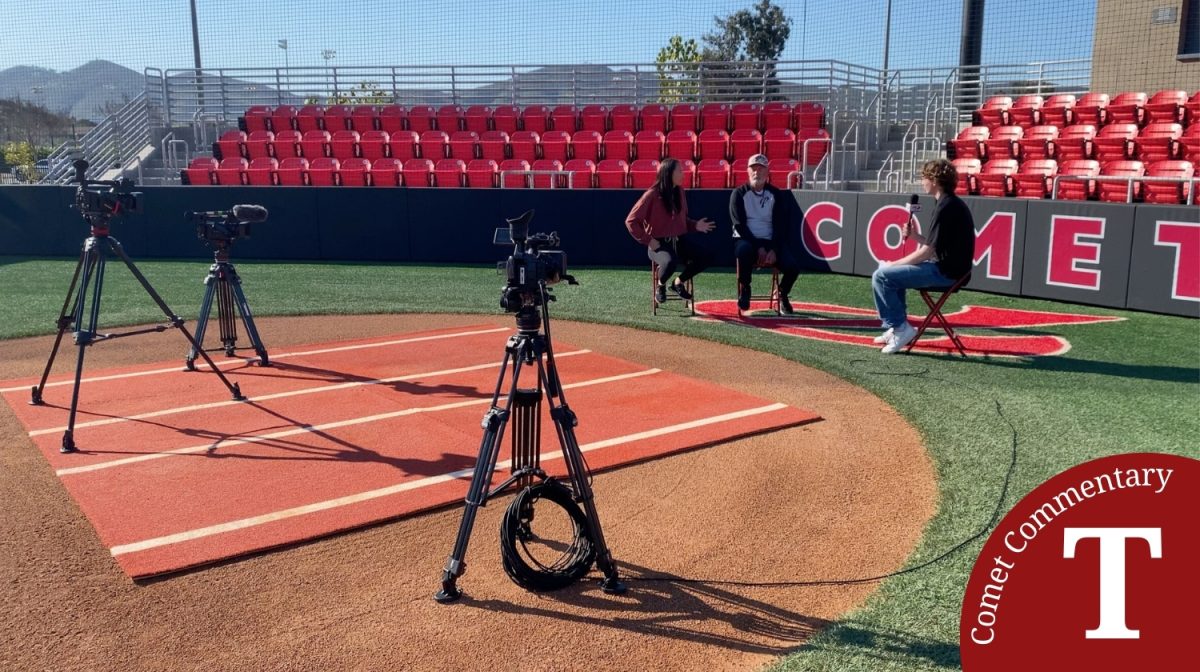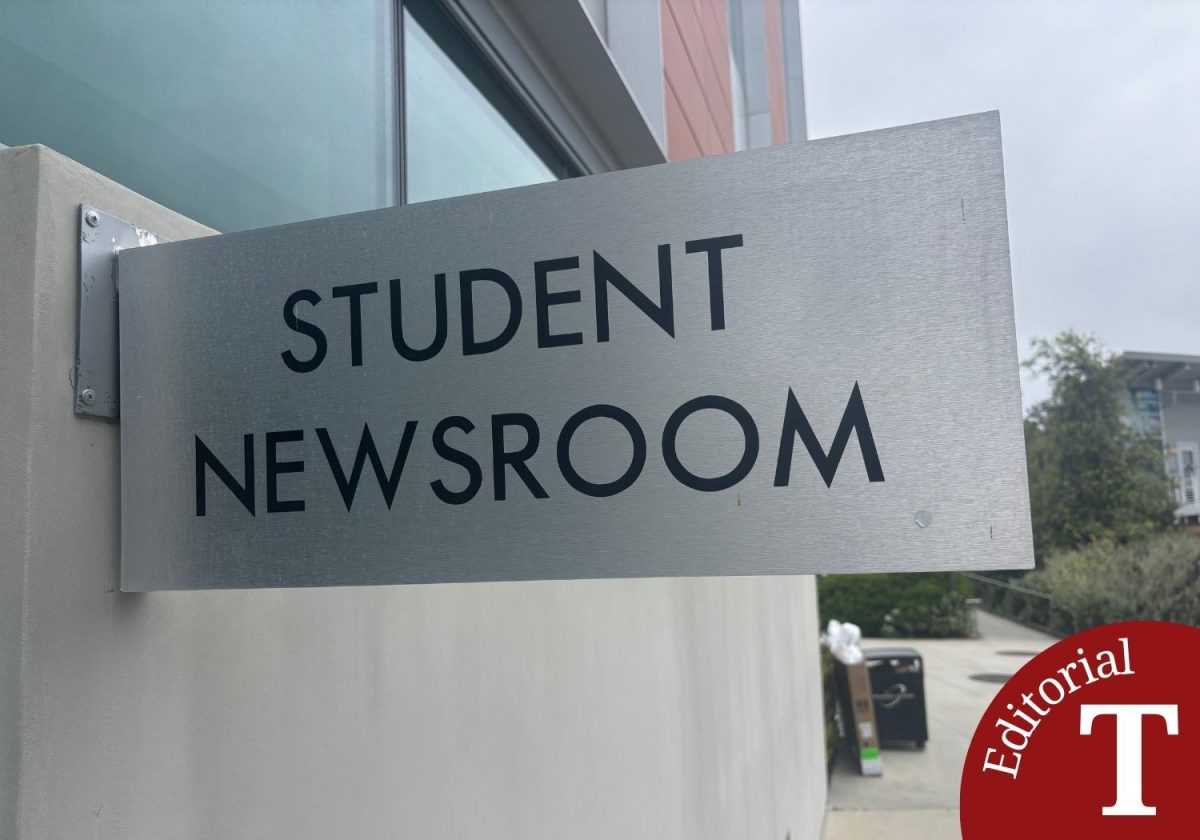Story by Nicole Villanueva
Remember grandpa’s story about having to walk 10 miles in the snow to get to school? Well today’s generation of middle and high school students will never know that struggle.
For one, it doesn’t snow here in California. And two, students just got permission from the state to sleep in a little later on school days. Senate Bill 328 was passed on Oct. 13, 2019.
The new law prohibits middle schools from starting any earlier than 8 a.m. and high school no earlier than 8:30 a.m. It will take effect by July 2022.
Why? Young students are sleepy in the morning. Guess who else is sleepy in the morning? The rest of the world.
Anthony J. Portantino, the state senator who wrote the bill said, “Generations of children will benefit from starting later in the morning as we know that test scores, attendance and graduation rates all improve after shifting to a later start time… I am also pleased that depression, sports injuries, suicidal thoughts and car accidents all decline as well.”
I’m sorry, but are we to believe that the answer to raising test scores, lowering rates of teenage car accidents, suicidal thoughts and depression lies in an extra 30 minutes of sleep? Not buying it.
What about the fact that our outdated American education system was structured in 1893 and focuses on memorization and mass approach as opposed to treating students as individuals?
Maybe they are stressed and struggling because each of their five to six classes bombard them with names, dates and facts that have nothing to do with life skills and then deem them failures when they can’t memorize it all.
I’m not saying adequate sleep isn’t important. It absolutely is. I agree with the research that helped to push this bill. The American Academy of Pediatrics published a policy statement about why they support the bill for later start times.
The policy explains that the recommended amount of sleep for developing adolescents is 8.5-9.5 hours. To no surprise, studies show thar most teenagers are sleep deprived in accordance to those hours.
So why not teach adolescents time management skills? Teach them why going to bed early is important. Teach them to put cell phones down at night.
An article by PBS.org links an increase of sleep loss in teenagers to smartphone usage. In this analysis, teens admit that looking at their smartphones is the last thing they do before bed.
By now, many of us are aware about the harm thatblue light emits from our phone screens. It signals to our brain that it is daylight, causing us to not get tired.
I’m sure students are rejoicing over the news that they get some extra sleep, until the reality hits that they likely will have to make up the lost time at the end of the school day.
School on average ends around 2:30 p.m. Push that back an hour and now school busses are entering prime traffic time. Kids will get home later, cutting into homework time. And late out times will interfere with after school sports.
And guess who’s not rejoicing? Working parents. Many parents already struggle to fit in dropping off their children at school before they make their own commute to work.
Later start times will cut into their commute time. Students will be stuck tired and waiting for class to start.
Some working parents also depend on their older teenagers to help watch their younger siblings after school. With elementary times remaining the same and high school times shifting, this can create a lot of challenges for families.
Although I can appreciate the state taking interest in student well-being, a mere shift in school start times seems like a lazy slapstick answer to a deeper rooted problem.
We need to dig deeper into why teenagers are worn out, tired, and/or distressed. Saying they can sleep in a little longer is a one size fits all band aid.
We need to demand better solutions for our students.













